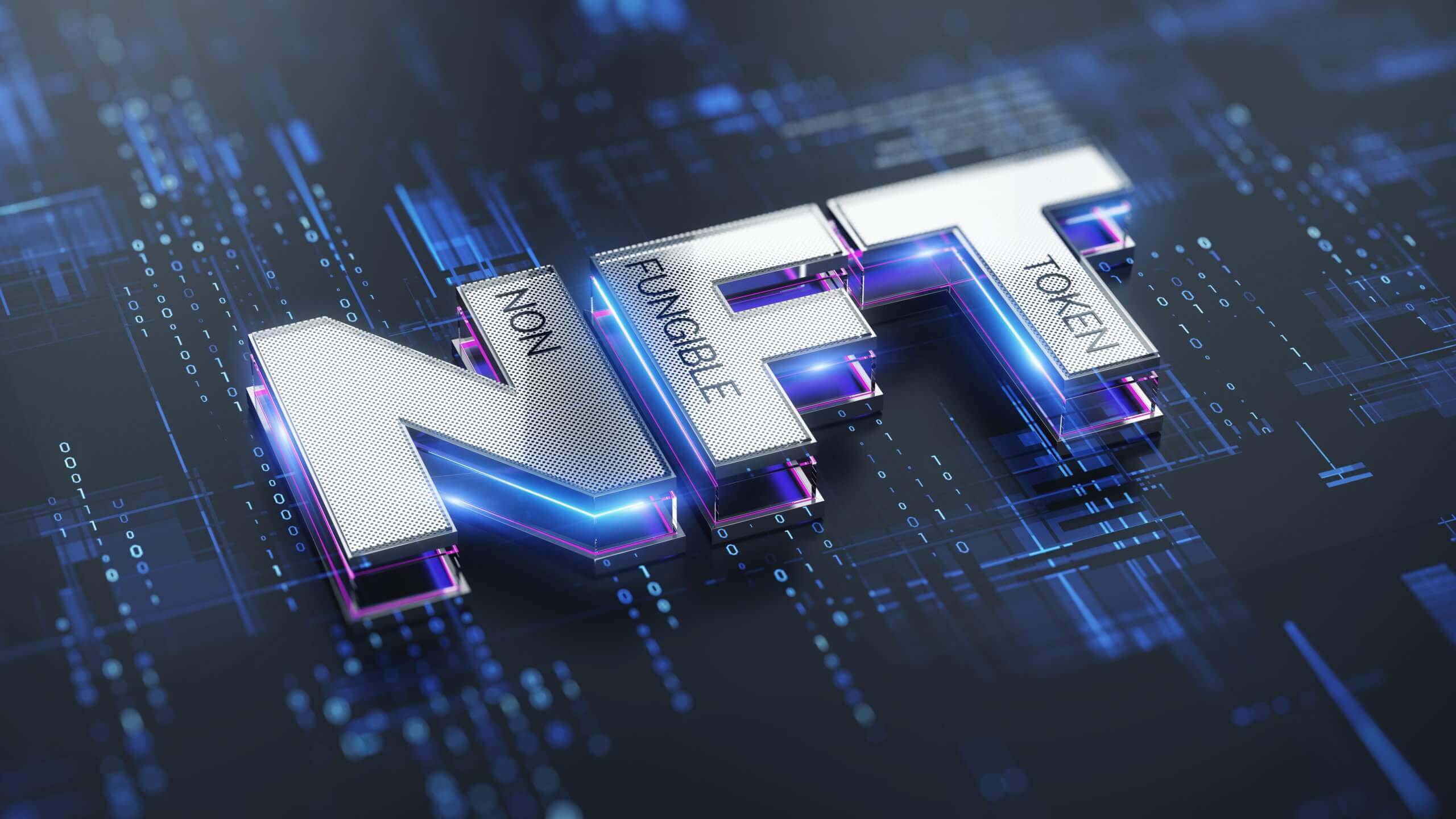Nun-fungible tokens (NFTs) are significantly popular these days, with vast amounts of cryptocurrency being paid for digital artworks, music, GIFs, and more. While that is the current hype around NFTs, you still need to consider carefully whether you should invest in such an asset.
Some experts believed that the NFT bubble would burst eventually, such as the dot-com frenzy. Others, on the other hand, expect NFTs to remain strong and that they are set to transform the investing world for a long time.
NFT Explained
Non-fungible token, or NFT, is a unique digital asset that can represent real-world items like artwork, music, furniture, and more. NFTs are traded online, often with cryptocurrency. They are typically created using the same programming or software as cryptocurrencies such as Bitcoin or Ether.
NFTs are not new in the crypto market as they were introduced in 2014, although they only recently rose in popularity due to their ability to let people buy and sell digital art. Many talks on NFT have been about this token transforming fine art collecting.
Moreover, NFTs cannot be replicated; therefore, only one person can claim ownership of the work. Still, note that the artist can keep the copyright and reproduction rights, just like physical artwork. In other words, anyone can have a copy of the painting, but only a single individual can have the original.
Ownership of the original item is what makes an NFT significant. In addition, NFT is designed with a built-in authentication feature that represents proof of ownership. Such exclusive digital validation means a great deal to collectors, sometimes more than the product itself.
The supply of NFTs is also limited, unlike the other digital assets in the market, which have an infinite supply. So, in theory, if you reduce the NFT supply, that should increase its value, assuming there is strong demand for the asset.
NFT vs. Other Cryptocurrencies
NFTs are only similar to other cryptocurrencies, such as Bitcoin or Ether, since they were developed using the same underlying software.
Unlike NFTs, physical money and most cryptos are fungible, allowing traders and investors to exchange one of them for the other. Their value is also always equal, one dollar is equivalent to another one, and one crypto is equal to another.
A cryptocurrency’s fungibility makes it a reliable way to perform transactions on the blockchain.
NFTs are not like that, however. They are non-fungible because every single NFT has a digital signature that prevents them from being exchanged for or having the same value as the other. Just because they are both NFTs does not mean they are equal to one another.
An NFT’s value can change based on how much an individual is willing to buy it. So instead of fundamental, technical, and economic factors driving the NFT’s price, the demand determines it.
That either means an NFT would be sold for less than the price you paid to own it, or you will not be able to sell it if no one is interested in it.
Looking Further Into NFTs
NFTs are securely recorded on blockchains, with many of them existing on the Ether blockchain, which keeps additional information that makes them work different from, let’s say, an ETH coin. Furthermore, other blockchains can execute their own NFTs.
An NFT is built or minted from digital items that represent either tangible or intangible products including, but not limited to:
- Artwork
- Music
- Collectibles
- Designer Sneakers
- Videos and Sports Highlights
- GIFs
- Virtual Avatars and Video Game Skins
Tweets can also be bought and sold as NFTs. For instance, in March 2021, Twitter and Block Inc. Chief Executive Jack Dorsey sold his first tweet as an NFT for more than $2.9 million.
Overall, NFTs provide collectors with a way to own a physical item in the form of a digital file. The exclusive ownership rights also ensure that an NFT is owned by one person only.
The NFT’s unique data allows holders to transfer their tokens and confirm their ownership quickly. The NFT creator or owner can also put specific data in the tokens. For example, artists can include their signatures in their artworks through the NFT’s metadata.
Buying and Owning NFTs
Owning NFTs would require you first to have a digital wallet. Step two will involve buying some cryptocurrencies, such as Ether, depending on the currencies accepted by your NFT provider.
You can try looking for some online exchanges that let users buy cryptos with a credit card. That way, you can move your holdings from the exchange to your digital wallet.
Take note of the fees while you’re looking as well. The exchange can charge about a percentage of your transaction when you purchase cryptocurrencies.
Benefits of Using NFTs
With NFTs and blockchain technology, artists and content creators can easily monetize their works. For instance, artists directly selling their art as an NFT eliminates the need for galleries or auction houses, allowing them to keep more of the money generated by their work.
Moreover, creators earn royalties, so they receive a percentage of sales whenever their work is sold as an NFT. That is excellent for visual artists who usually do not receive future royalties after selling their artwork.
The use of NFTs also goes beyond art. They have been used by charities and organizations to raise funds transparently while catching the interest of an entirely new audience and enhancing brand awareness.
Some celebrities have even benefited from the frenzy, issuing unique artworks, moments, and memories as NFTs. In February, the Nyan Cat GIF was sold as an NFT for almost $600,000, while basketball trading cards platform NBA Top Shot posted over $500 million in sales in late March.
Factors to Consider Before Buying NFTs
While it’s possible for just about anyone to own NFTs, these digital assets are risky due to their uncertain future. Plus, there is not much history yet to determine how NFTs will perform in the future.
For now, the smart thing to do is to make small investments in these tokens. Whether you choose to buy NFTs or not is entirely up to you. If you have some extra money you can invest, you may consider it, especially if a certain NFT holds some sentimental value to you.











